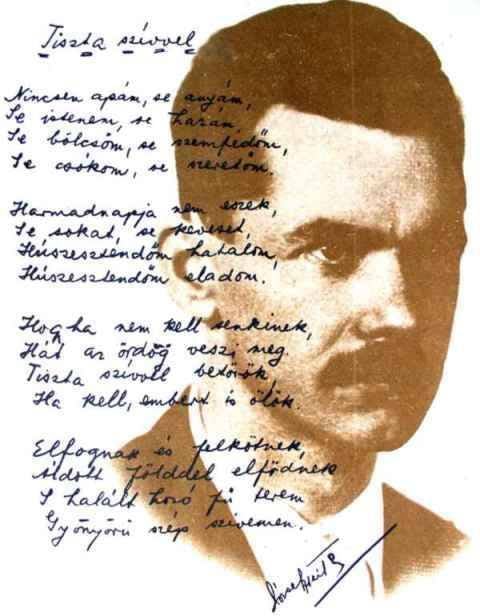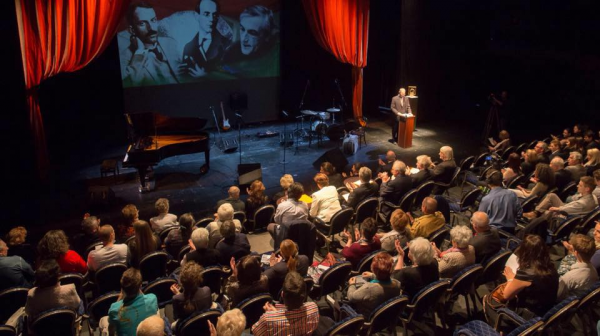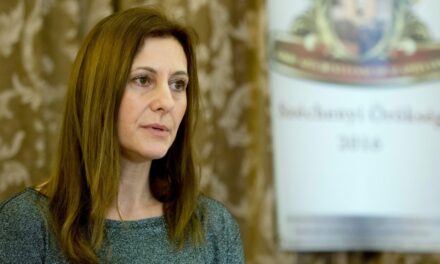Hungarian Poetry Day is Attila József's birthday. Every student already learns in public education classes that József Attila is one of the most famous lyricists of Hungarian literature, but fewer people know that his poetry was at the same time a confusingly personal and extremely universal lyric of experience.
It is no exaggeration to say that the number of literary and educational volumes dealing with the life and texts of Attila József is the size of a library. The contemporary literary public between the two world wars responded to his works just as sensitively, although not always acceptingly and understandingly, as posterity. One of his first admirers was Sándor Sík, a Piarist monk, poet, editor, and literary historian, who met him personally only once. In 1935, when the young artist won the Baumgarten Prize, which was considered a significant literary award at the time, they sat next to each other at the dinner given in honor of the prize-winners. However, this one encounter remained useful and memorable for both of them.
Sándor Sík later remembered the evening like this:
At the end of the dinner, we headed home together from the hostel on the Danube, and Attila József accompanied me home. When we got to the nearby Piarist monastery, we were so engrossed in the conversation that we couldn't stop. We did not part ways, but went around the large block of the monastery and gymnasium towards the Danube bank. When we reached the gate again, the previous scene was repeated, and we started laughing for the second tour. So we wandered around the house in countless circles, far past midnight. What did we talk about? About poems, of course. Attila József explained at length his lovely idea that poems should be printed in the same way as musical works: just as the instructions for the performance (andante, adagio, etc.) are written above them, the poems should also be written in front of them in what verse form they are written. , and at what pace they should be recited. It slowly became clear that he had a whole theory about Hungarian rhythm, and it was very original and quite serious from a scientific point of view.

Source: Facebook
Sík appreciated and valued Attila József's poetry so much that he taught his works in his university class entitled "New Hungarian Poetry" and even analyzed the texts of our greatest poet in his academic lecture.
Although Attila József and Sándor Sík had radically different worldviews and their social and literary sociological positions were completely different, parallels can be drawn between their poems.
Presumably, intuitive poetic sensibility and a strong commitment to universal human values may have been the basis of their respect for each other. And that is why their poetry has a place - albeit to varying degrees - in the Hungarian literary tradition forever.
2022Plusz: The National Theater traditionally hosts the final of the Versünnep festival in connection with Poetry Day, which can be seen by the general public today from 6:00 p.m.
This year, Ágnes Nemes Nagy and Gyula Illyés are the anniversary poets, and the artists compete with texts chosen by them in the poetry and prose recitation, poetry set to music, poetry film, dance and visual arts categories. As invited guests, ten members of the kArc formation of actors and musicians from Sabzka will come to us with poems set to music, which will be played in a rich and varied orchestration, and Transcarpathia will be represented by actors from Beregsasza. The members of the jury are the excellences of Hungarian cultural life.
The event is open to anyone for free. The number of seats is limited, so registration is required. You can register at versunnep.net.
Source: Hungarian Nation
Featured image: kultura.hu (previous recording)













